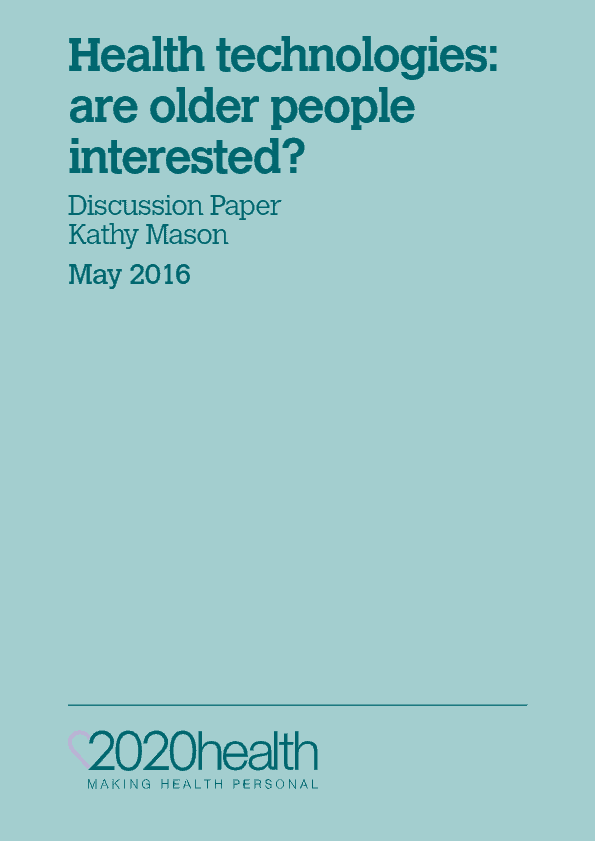Careless Eating Costs Lives
Matt James & Gail Beer
Covering both education and regulation, ‘Careless eating costs lives’ grasps the extent of the obesity explosion and sets out the essential responses to halting progression and reversing the drastic effects of overweight on individual health, employment, social care and the wider economy.
“Our research has shown that hand-in-hand with obesity is widespread confusion over what constitutes healthy eating, and also a rise in malnutrition. We have a culture of excess but there is no single reason for our obesity problem, and its fallacious to suggest otherwise.”
Julia Manning, Chief Executive, 20/20health
Recommendations from the report include:
- Introduce tax incentives for larger businesses to make wellbeing provision (such as access to occupational health, nutritionist, gym facilities) available to smaller local businesses.
- Introduce licensing for fast food outlets to control the location and numbers of outlets in a local community.
- Recognising the positive response to the Responsibility Deal, Government should require all companies to follow the excellent example of participants. The Responsibility Deal to turn into a legislative framework which is phased in over the next 5-10 years.
- Practical cookery skills and clear food education to be a compulsory part of the school curriculum for pupils up to the end of key stage 3 (age 14).
- Clear disclosure of calories per items on restaurant and cafe menus which adhere to a defined standard of font size, formatting, contrast and layout of menus.
- The ban on advertising of unhealthy foods aimed at children should be extended to day-time TV, from 7am to 9pm.
- A review needs to be undertaken of the economic and societal impacts of a hypothecated tax on a range of food and drink contents at levels which are deemed harmful to health.
- Increase awareness, coordination and reach of the Government’s ‘Healthy Start’ Voucher scheme. Extend voucher scheme to incentivise those who become active partners in their health by quitting smoking, reducing weight, walking a set number of steps, etc.
- Establish a cross-departmental, permanent government task force on obesity. This supports similar recommendations made by other health organisations.
- All new policies to be reviewed and assessed against an ‘obesity test’.
- Improved screening and normalisation of discussion about diet and weight at medical appointments.
Disclaimer
This report was funded by an unrestricted educational grant from AB Sugar. 20/20health retained editorial control and the views expressed in the report are those of the authors alone.


